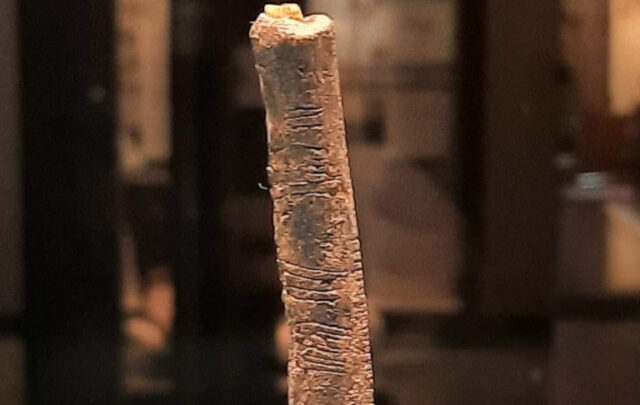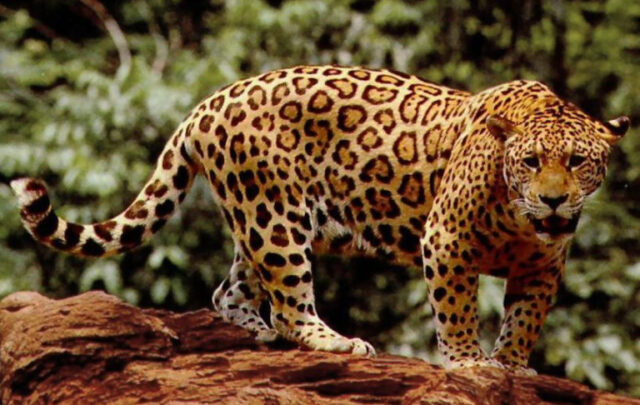Here is a guest post from Naresh Giangrande about his recent short visit to Taiwan.

The question I couldn’t quite hear finally screamed out on the journey back to the rail station in Kaohsiung. Travelling to the station through a throbbing vibrant brash Asian city after an amazing fish dinner hosted by Mr Tsai, a local property developer and supporter of the nascent Transition Initiative in Kaohsiung, it reverberated in me. Would what I had to say be heard? I was coming from the UK, a country played out, at the end of the road to Taiwan, one of the Asian tigers. What could I possibly say that might catch the attention and help create Transition Initiatives in this brashest and busiest and most successful of Asian counties? The economy is continuing to grow by 7-8% per year and people are very well off, I saw just one person begging on the streets; and with that economic success comes a belief in yourself, a belief in the rightness of how you are living and critically a belief in the future. The future holds promise, holds ambition, and holds a future worth living for you and your children.
It is no accident that Transition presciently emerged in Europe just prior to the financial crisis. The UK and probably all of Western culture is in its death throes, about to be garrotted by its twin assassins – cheap energy and illusion of endless resources- with our predatory financial system luring us to the killing ground as deftly as any turn coat. What served will become our nemesis; unless timely action to change course is taken.
 Naresh checks out the hand-made noodles in Taipei Market.
Naresh checks out the hand-made noodles in Taipei Market.
But how to explain this to a society that lives and breathes money, financial success, and business opportunity? How can I possibly communicate the dead end (and rebirth and renewal that Transition presents to those who are ready to hear) we are facing to a people who have taken on the business culture so whole heartedly, outperforming and out competing its originators? This creation of ours has taken root so extravagantly in Asia, like an opportunistic and prolific exotic species, out competing and stifling the more fragile native species. Adam Smith would be proud. How can I explain that the party’s over and there is no future no matter what the headline GDP figures tell? Would our message that the only way to avoid the inevitable crash is to change course now be heard? Who will listen, and what possibility of there being ears tuned to this music which spells the end of such rampant mega cities- high rise after high rise buildings. Like a diva who thinks the curtain call is the opening act. The answer started forming in me before the question did and took several forms.

Our work with businesses in Transition Training and Consulting stresses the positive and opportunistic. The only flicker of enthusiasm that I got when I presented to a group invited by Saphon Wang in Kaohsiung – (who is a general manager of a local law firm) was when I re framed climate change and peak oil as both risks but more importantly opportunities. I quoted that well worn observation that the word crisis in Chinese is comprised of two characters- danger and opportunity. Rather ironic that a Westerner quotes Chinese in Taiwan, but I see that as symptomatic of the great forgetting that seems to accompany Western capitalism and exploitation of cheap energy. I liken it to the run away chain reaction of a nuclear power station when the controls fail, christened The China Syndrome and popularised in a film by the same name that was released just prior to the incident at Three Mile Island in the USA when a nuclear facility near melted down. Will Taiwanese capitalism be able to stop or change course before melt down?

Another thread of how to communicate Transition in such a different culture came at the end of our workshop in Kaohsiung (see right). The organiser and maybe mother of this initiative, Saphon, stood up and declared that we have created a community of the heart and that she felt sure that this group would continue to meet and that this work was born of their mutual love and compassion. It was surprising to be in a very business oriented setting and hear about love and compassion. It seemed that the heart/ mind/ split was not so developed in Taiwan. In discussing this question with Taiwanese it seems that this is the case. On my first night in Taipei I dined with a group of university professors who were happy to talk openly about the T’ao Te Ching and how the crisis in culture we are facing is very much an inner crisis and that the T’ao framed this understanding several thousand years ago. This philosophy is still alive in the culture. Where as in the West I see this a much hard proposition and certainly to be kept out of university thinking for the most part except in maybe cultural studies but these guys were engineers! I continued to follow this thread throughout my visit and whenever I talked about a need for an inner Transition it seemed to strike a chord. It was almost like they hadn’t forgotten it so long ago and just mentioning it and some part of them came alive.
And yet here is a country with a vibrant cultural heritage, and living indigenous people, which has been sustainable for thousands of years, but who have taken on the Western economic model and let it run everything. I used that image of throwing everything we have learned over millennia in the dustbin in the last 100 years of cheap oil. This was so recently true in Taiwan that the memory is still present, and again this image clearly articulated something lots of people thought.
I was invited to Taiwan by The Zhong Tai Culture and Consulting Company, who have translated the Transition Timeline into Chinese unveiled at a conference and workshop last Saturday in Taipei. They have kindly arranged many meetings with mainly business leaders and other interested people.

At my first press conference (see left) (The China Times, Zi Yo Times, UDN Times), one of the first questions was what did I hope to achieve coming to Taiwan, to which I replied that Transition was a viral process and I was there to infect them. Anyone who has spent any time in Asia knows of the Asian concerns about germs (probably quite rightly considering the population density). They appreciated both the image of an infection and my wishes to help build a healthy and prosperous world. The discussion naturally tuned to business and green jobs, and the Totnes £ got quite a chewing over. They asked me how we got people to accept fake money. I help up a Taiwan $1000 note and declared, ‘This is fake money’. The looks of bewilderment and sly recognition told me I had struck a chord.
Transition is certainly interesting and time will tell if Transition Initiatives take off. But if they do I can be certain that they will be well funded and will probably out perform us in the West. Brazil already thinks it has stolen a march on the English (I liked their analogy with football at the last Transition conference, invented by the English, but the best players are now Brazilian), but watch out for the Taiwanese – they mean business!
Naresh Giangrande Taipei, Taiwan (Part Two follows tomorrow…).





